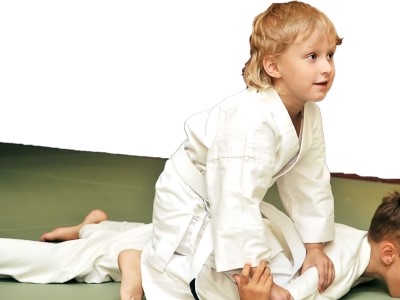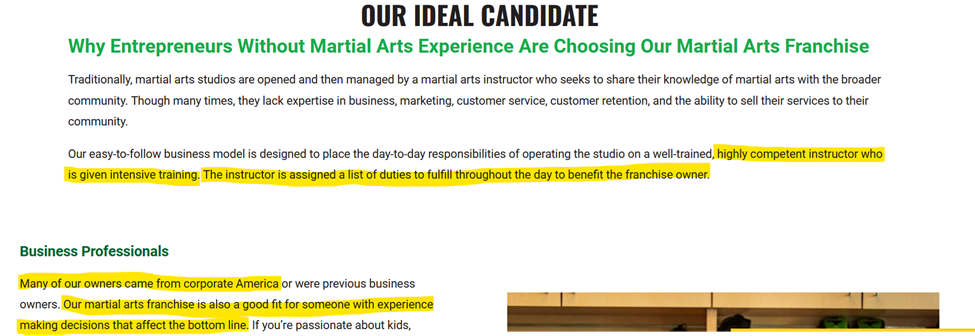Comparing Kid's Martial Arts
Making Sure your Child Benefits
Comparing Kid's Martial Arts
The educated consumer is our best customer

Looking for a children's program? Learn more...
When we consider placing our children in a martial arts program, invariably we have a reason, a goal. But if we haven’t trained extensively in martial arts ourselves, we may be unclear on the goals and how to achieve them. The questions below may help unpack the subject:
Martial Arts Benefits
Goals of Training
The ideal of the long-time martial artist in society is a leader of upstanding character who turns his/her concerns towards their community. Through training they learned to be highly effective at defending themselves in dangerous situations, and then leading others to do the same. To accomplish this, they develop a wide range of skills in the area of mental discipline, which can be generalized to every other activity of life - work, relationships, health and safety, etc. After improving their own lives, they turn their skills to improve the lives of those around them. Consider some of the benefits below:
- Self Defense
- Excellence / achievement
- Focus
- Discipline
- Peace of mind
- Stress reduction
- Confidence
- Socialization
- Conflict resolution
- Exercise
- Body centered awareness
- Coordination
- Character
Achieving my Goals
Do you know where these benefits come from and how to make sure your child receives them in the school of your choosing?
Three elements combine to deliver benefits
- Realized founder who became one of the great martial artists of their time
- Curriculum established by the founder to achieve the same benefits
- Community of qualified instructors monitored by the disciples of the founder
The instructors of a martial arts school should embody the lifestyle and ideals above. Together, these elements produce the chemistry that can reliably deliver these benefits. The best tool to evaluate these elements for a particular school comes in the form of their lineage, as discussed in the question below on the subject.
Probably not...Today there are new entities growing in the field of martial arts – the martial arts franchise. The examples below show where the strategies employed by these businesses eliminate the essential ingredients that produce benefits for your child as explained in "Making sure the program benefits my child" above:
Example #1

- Founder: the franchise originator touted his skill for producing high revenues. No mention of founder
- Curriculum: a business person decides who is a highly qualified instructor and gives them the curriculum of the franchise originator.
- Community: as there is no founder, there are no disciples or instructors under their supervision.
The naked focus on the franchise owner making money vacated all of the tools to produce benefits for practitioners.
Example #2

- Founder: Note the about us page does not identify who the founder is, or even which martial art is being taught.
- Curriculum: “our goal is to develop students into great martial artists.” A proper curriculum is process oriented instruction and not goal oriented (“into great martial artists”). This approach is not designed to produce benefits.
- Community: “Our highly trained staff.” Who are these people? Who trained them and in what? Who said they were qualified to teach? Are they the same week to week?
These are the essential elements for your child to benefit, and they do not follow a format to produce benefits.
Lineage is quality control. Lineage incorporates the founder, series of disciples since the founder, and the evolution of the curriculum. From these factors flow the benefits you are seeking for your child.
If a school does not explain their connection to one of the great martial artists in history, or for that matter whom the instructors even learned from themselves, this may be a concern for quality control.
